Affiliate disclosure: This post may contain affiliate links. Please see our Privacy Policy.
Eggshell powder is easy to make from discarded eggshells and has plenty of uses around the home and garden. It can even be used as a natural calcium supplement for humans and pets.
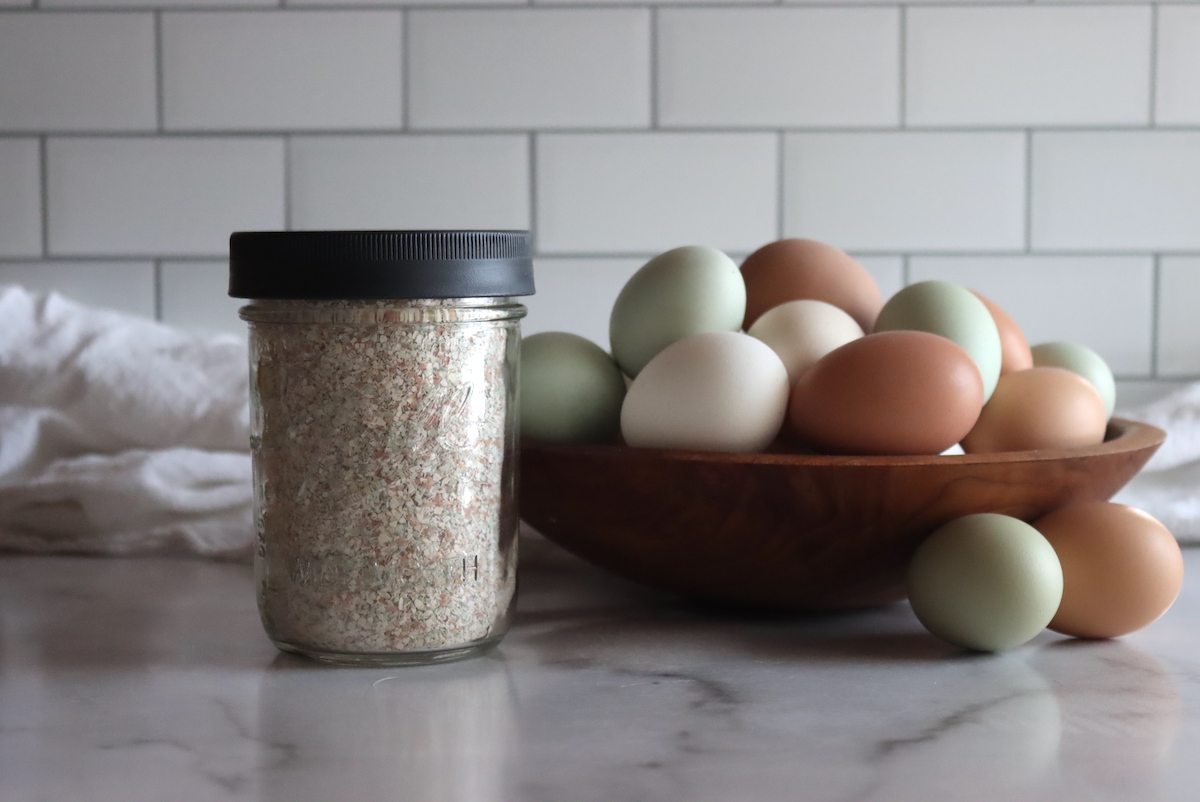
Table of Contents
- How to Make Eggshell Powder
- Ways to Use Eggshell Powder
- Eggshell Calcium Powder for Humans
- As a skin exfoliant
- For toothpaste
- For heartburn
- As sidewalk chalk
- For hair and skin
- For joint health
- Eggshell Powder for Chickens
- Eggshell Powder as Fertilizer
- Eggshell Powder for Pest Control
- Egg Shell Powder for Dogs (and Cats)
- Reducing Waste
- DIY Guides
(This article is written by Rea Yoh, a freelance writer who grew up in rural Illinois, raising backyard chickens. She graduated with honors in Biology and Science, Technology, and Society from Brown University, and her background in research helps her get to the heart of any question. She has a passion for animals, the environment, and sustainable living.)
A rich source of protein, healthy fats, and other nutrients, eggs are one of the healthiest foods out there.
It’s not just what’s inside of the egg that’s a nutritional powerhouse– it’s the outside, too. Did you know you can consume eggshells after just a little bit of processing? After cracking open a couple to make breakfast, turn your eggs into eggshell powder, which is an outstanding source of calcium and other minerals.
Eggshell powder, also called eggshell flour, is made of ground eggshells. It’s primarily used as a health supplement for people wanting to increase their calcium intake, and it can also be used for your garden, pets, and even skincare.
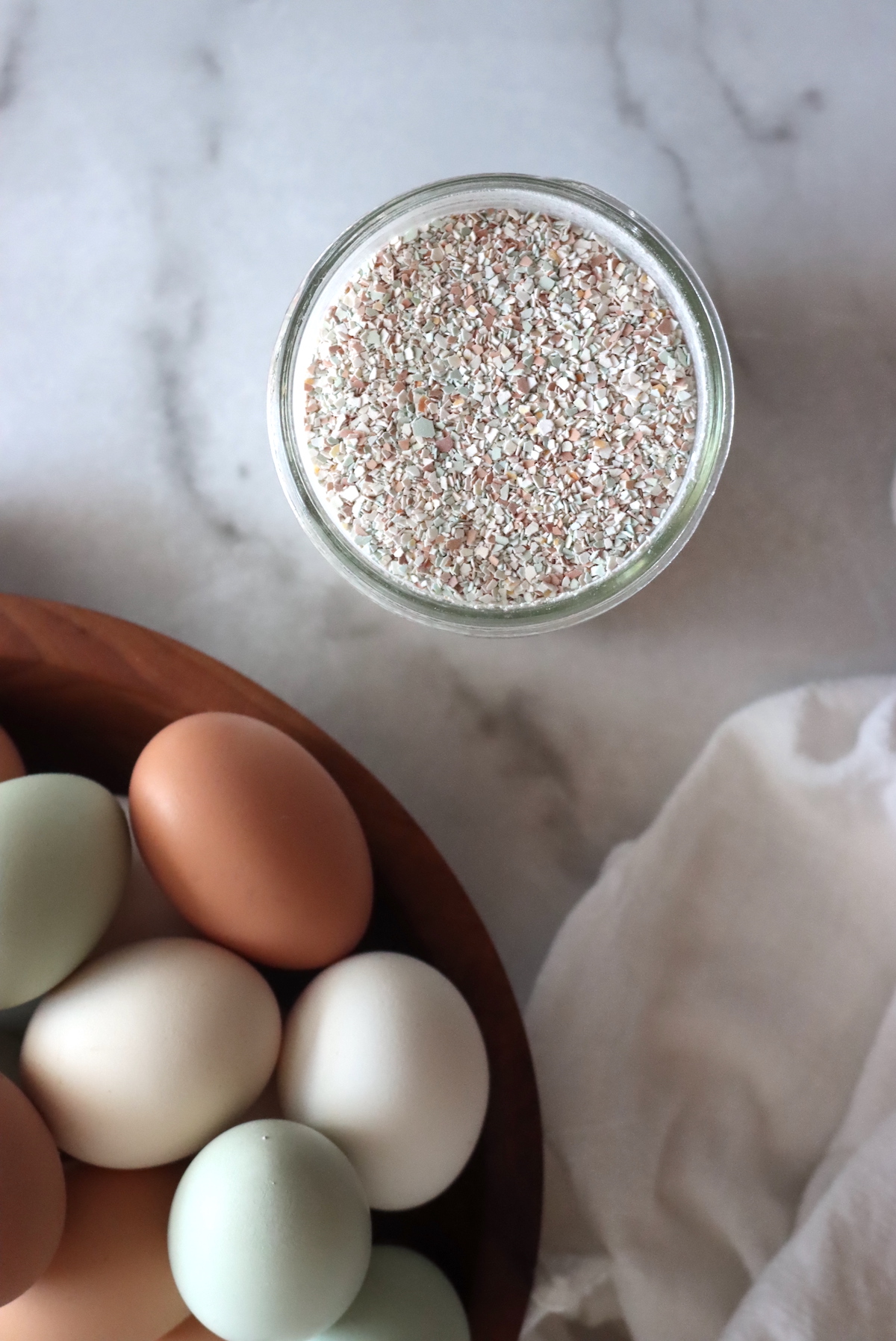
Eggshells, although we most identify them with the hard, outer surface, actually consist of three distinct layers–the outer layer, and the inner and outer membranes.
Eggshells are made largely of calcium carbonate (about 95%), which is why chickens need calcium supplements, like oyster shells, to lay intact eggs. There are also small amounts of magnesium carbonate, calcium phosphate, protein, and other organic matter in the outermost part of the eggshell.
Beneath the layer of calcium carbonate are the inner and outer membranes. The membranes look like a thin, semi-transparent film. They are made of flexible proteins, like keratin, collagen, and elastin, and serve to protect the yolk from bacteria. These membranes have a ton of health benefits, and there are lots of eggshell membrane-derived supplements that you can buy from the drugstore, mostly for joint health and to reduce inflammation.
While increasing dietary calcium is the most obvious benefit for people that use eggshell powder, there are many other uses for your shells. Depending on how finely ground you make your powder, you can use it where you use mildly abrasive substances–exfoliants for skin or cleaning cookware are a couple of examples.
The nutritional benefits of eggshell flour also extend to animals and plants. Your pets will benefit from having this superfood supplement, and your plants will happily use the calcium to grow taller and stronger.
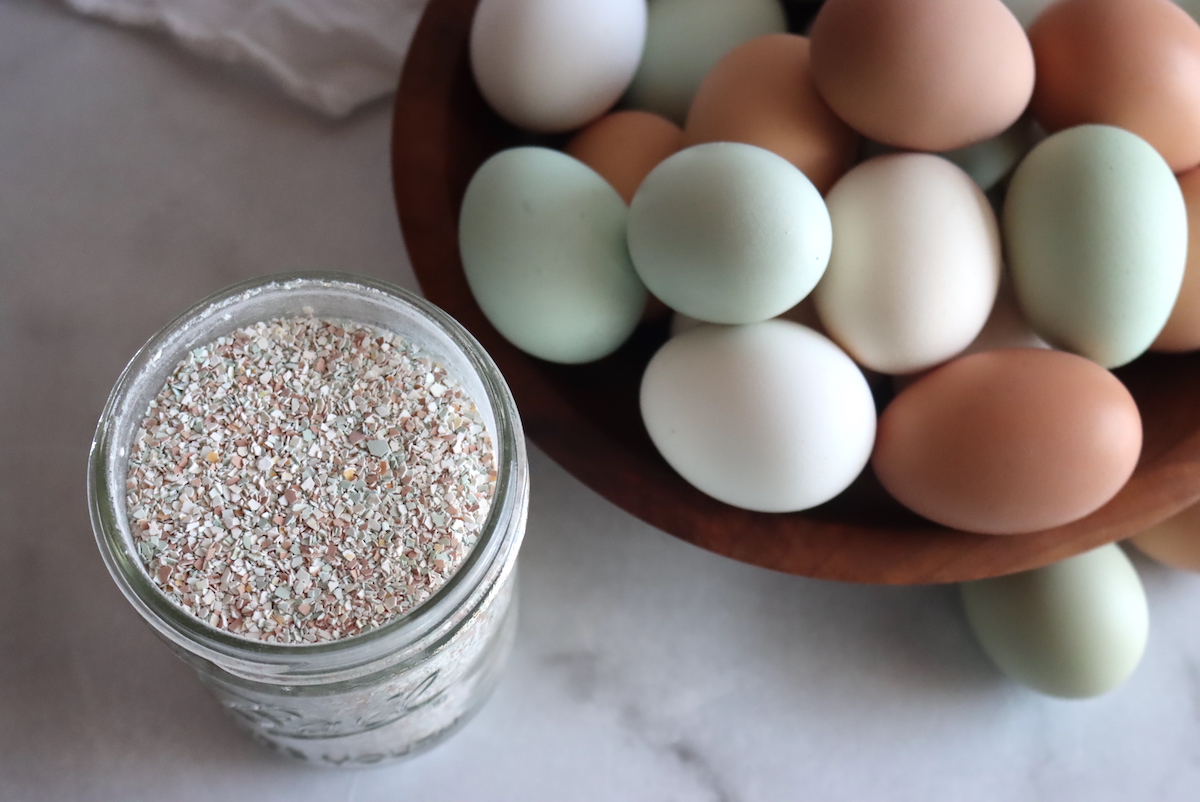
How to Make Eggshell Powder
First, boil your eggshells for 15 minutes in a medium saucepan. This is to kill salmonella and other germs that might make you ill, and it also washes out any residual egg left in the shell as it boils.
Skim any foam that appears on the surface of the water as the eggs are boiling.
Remove the boiled shells from the water and spread them out evenly on a baking sheet.
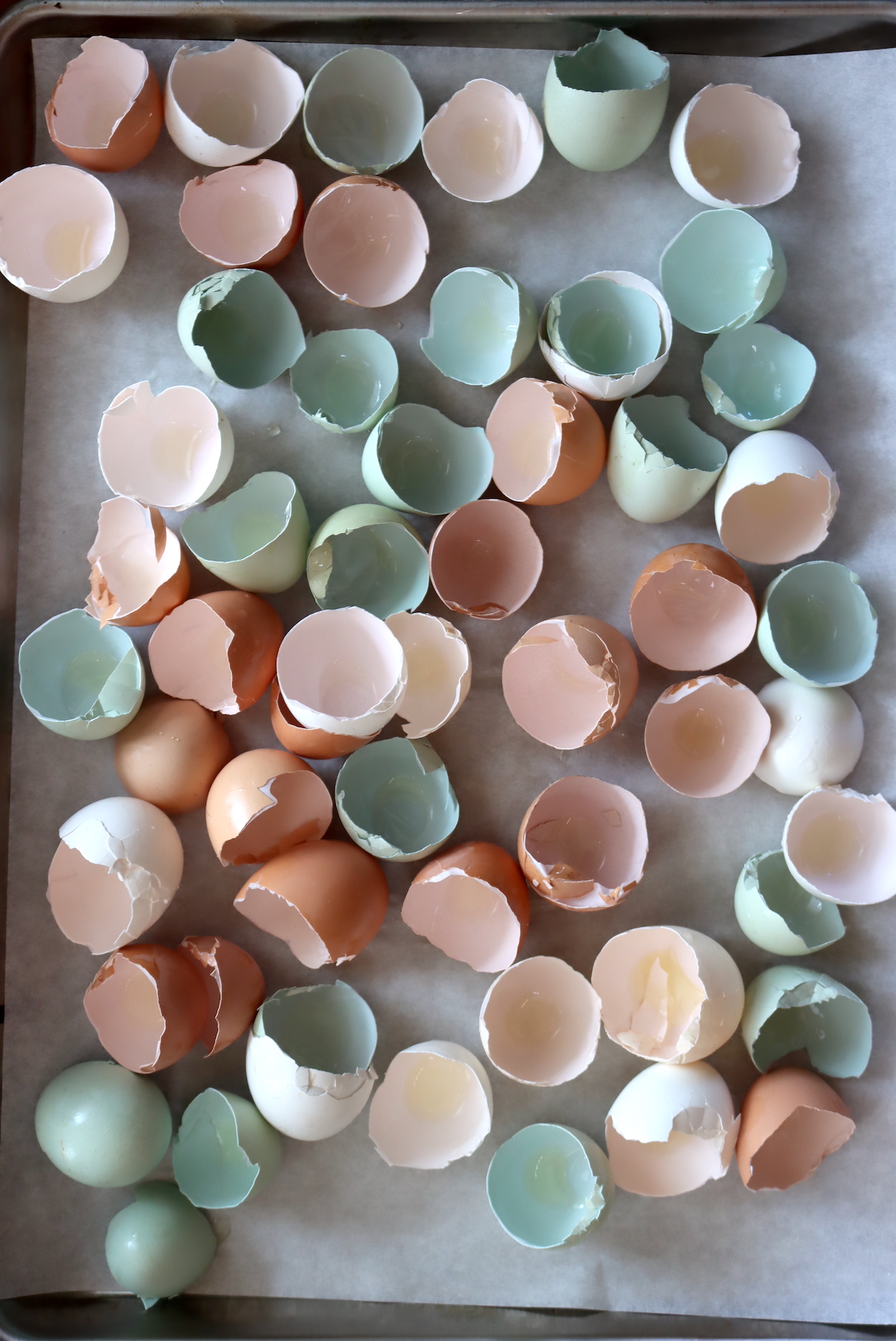
Toast your eggshells in the oven at 225 F for at least 25 minutes, until the eggshells are completely bone-dry. This will make your eggshells easier to process and the powder less clumpy.
Let the eggshells cool for around 30 minutes.
Crush up the shells before grinding them using your hands, a mortar, and pestle, or whatever you have on hand. This will help make your end product finer.
You can use a food processor, coffee grinder, or spice grinder to turn the eggs into powder. I personally would recommend a spice or coffee grinder to make the finest powder–you don’t want chunks of eggshell in your smoothie! If you’re aiming for coarser powder, blenders work fine.
Once you get the powder to the texture that you’d like, store it in an airtight container in a cool, dry place.
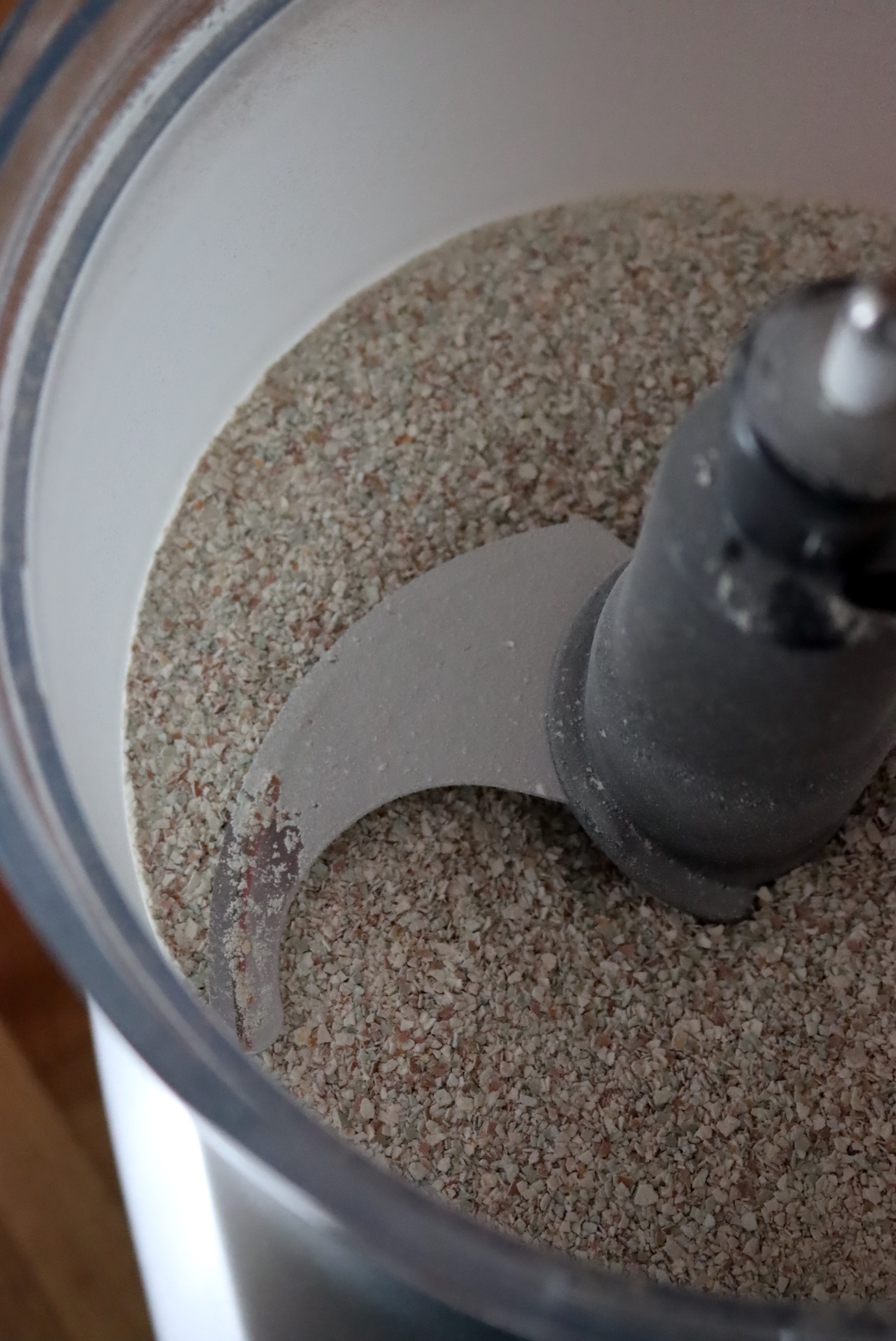
Eggshell Powder Yield
A dozen eggshells will make just under 1/4 cup of eggshell powder, and that’s a good-sized batch for most people.
Each eggshell makes just under 1 tsp of eggshell powder, and that contains a bit more than the recommended daily amount of calcium for an adult per day. If you’re using it as a calcium supplement, roughly 1/2 to 1 tsp per day (or about one shell’s worth) is usually what’s recommended.
We raise backyard chickens, and I often have leftover shells after preserving eggs, so I’m working with an exceptionally large batch.
This batch was used to make freeze-dried eggs, which are cracked and then freeze-dried for long-term preservation. Pickled eggs are another egg preservation method that’d result in piles of eggshells all at once.
You’ll need about 100 eggshells to make a pint of eggshell powder…but that’s a lot of eggshell powder!
Some methods of preserving eggs actually preserve the eggs right in the shell for up to a year, like storing eggs in limewater. In that case, you’d just make eggshell powder in small batches as you use them.
But there are many other uses for eggshell powder beyond as a health supplement. It’s used in the garden, and given to pets as well.
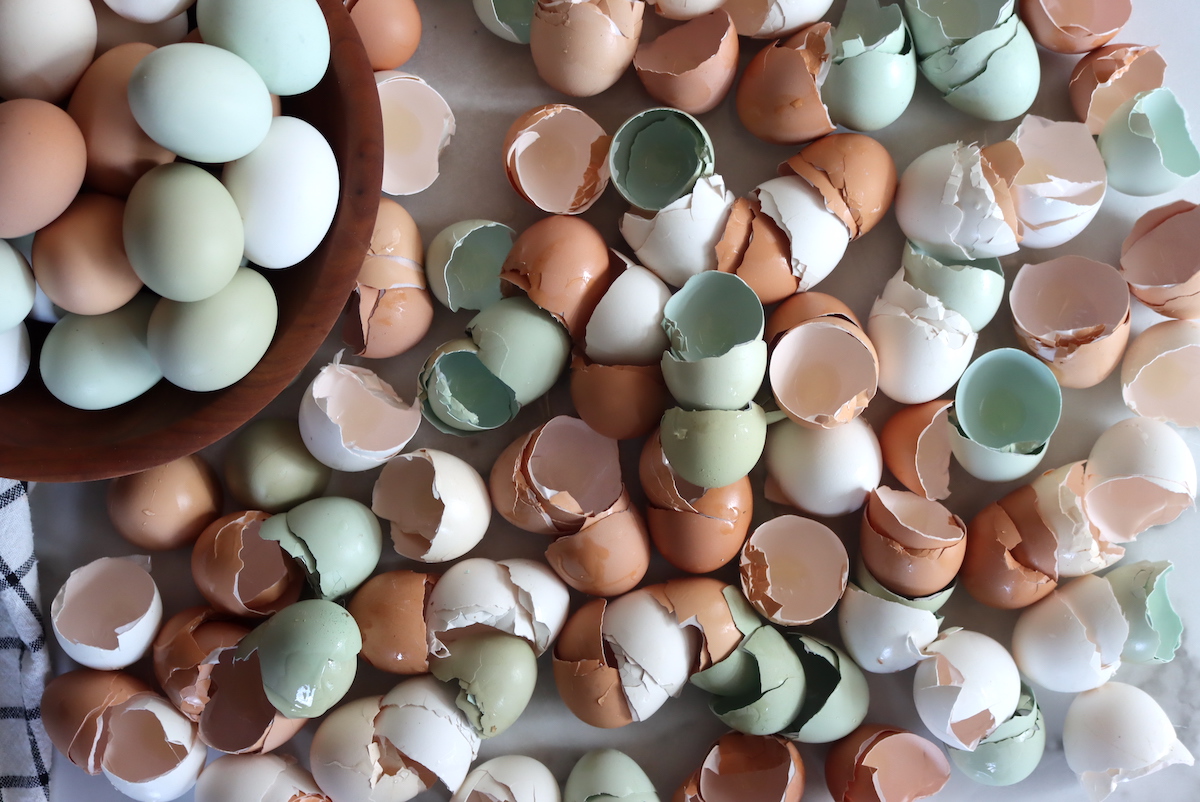
Storing Egg Shell Powder
As with most pantry items, eggshell powder should be kept in a dark, cool, and dry place. Your powder should last indefinitely if stored properly in an airtight container. There’s still a bit of egg white protein on the shells–sterilized and dehydrated, but still present and rich in nutrients.
Dryness is key here. Water of any kind, including from the ambient air humidity, encourages the growth of mold and bacteria. If your eggshell powder smells like, well, rotten eggs, or has visible growth, it’s time to throw it out.
Ways to Use Eggshell Powder
While you can just add eggshells to your compost, making eggshell powder is a great way to enhance their utility.
They’re great in the garden, but they’re also wonderful as a health supplement, and they also can be used for crafting, pets, and more!
Eggshell Calcium Powder for Humans
Calcium is an important part of a healthy diet. As the most abundant mineral in your body, calcium takes part in a lot of biological processes. Your bones and teeth are mostly calcium. If you’re not consuming enough calcium, your body will take it from your bones, leading to illnesses like osteoporosis, which can leave you more vulnerable to fractures. Calcium also allows your muscles to contract, regulates your heart rate, allows your body to release hormones, and allows your blood to flow.
The NIH has specific recommendations for the amount of calcium you should take in a day. Children ages 9-18 need 1300 mg per day. Adults between 19-49 should consume 1000 mg of calcium daily. Adults over 50 should be consuming 1200 mg.
Dairy is the poster child for calcium (Got Milk, anyone?), but there are other sources that are just as good, like eggshells. Dairy has about 30% absorption, meaning if you have a cup of milk with a label that says 300 mg of calcium, your body will only use 100 mg.
The calcium in eggshells is highly bioavailable, making eggs one of the best sources of this mineral that you can consume. Bioavailability, according to the Encyclopedia of Human Nutrition, refers to the amount of a certain nutrient that is present in a food that the body is able to use after you eat it. A food label might say that a certain amount of calcium is present in the food, but that doesn’t mean that your body can use all of it. Some foods have compounds, like oxalic acid, which reduce the bioavailability of calcium, making your body less likely to absorb it.
This study found that eggshells have a bioavailability of 39%, even more than dairy. One eggshell has about 1000 mg of calcium, providing the average adult with their calcium requirements for a day.
Plenty of studies have shown that taking eggshell powder prevents diseases like osteoporosis, which is a very common problem for people as they age.
If you don’t have backyard chickens and get your eggs from the grocery store, I would recommend buying organic. If you’re using eggshell powder for human consumption, definitely make sure that you’ve washed and sterilized your eggshells properly.
I store my backyard eggs on the counter and don’t wash them until right before I use them.
While there are countless benefits to getting enough calcium, you don’t want to overdo it. Too much calcium can be just as harmful as too little, so don’t go taking crazy amounts. Before adding eggshell powder as a supplement to your diet, talk to your doctor about dosage.
As a skin exfoliant
Eggshell powder, when ground very finely, is a gentle abrasive that can exfoliate the skin. Exfoliants are important for removing the dead outer layer of skin cells, encouraging the growth of new cells. If you’re looking for an alternative to harsh chemical or physical exfoliants from the drugstore, which can strip away the natural protective barrier on your skin, eggshell powder is exactly what you need!
Mixing your eggshell powder with a bit of water and then gently massaging it on your face should help with rough skin.
For toothpaste
The gently abrasive properties of eggshell powder can also be used for toothpaste. Some toothpaste includes minerals like silica or chalk. These substances are slightly abrasive, which makes it easier to scrub away plaque.
The chalk in toothpaste is made from calcium carbonate, the same substance in eggshell powder. Try making your own by mixing a bit of water with eggshell powder until it forms a thick paste.
For heartburn
If you’ve ever had a heavy meal, you know how uncomfortable heartburn can be. Acid reflux is when the acidic contents of your stomach enter your esophagus, and it’s usually what causes heartburn. Products that contain calcium carbonate, like eggshell flour, can be used to neutralize excess stomach acid.
Calcium carbonate is the first ingredient in Pepto Kids and Tums, and it works wonders when you have heartburn. The chemical reaction between calcium carbonate, or CaCO3, and hydrochloric acid, HCl, neutralizes excess stomach acid to produce CaCl2 (a neutral salt), H2O (water), and CO2 (carbon dioxide gas).
As sidewalk chalk
If your kids love science, art, or recycling, try making your own sidewalk chalk! This guide by the Children’s Museum Indianapolis is a great way to teach your kids about the many forms that minerals like calcium carbonate can take.
For hair and skin
In the 70s, people were obsessed with egg shampoo. Because eggs are so rich in protein and nutrients that are important for hair growth, people thought that it would work wonders for hair. They weren’t wrong! There are studies that show that eggshell membranes may have anti-aging properties. People who took eggshell supplements saw an improvement in hair strength and growth, as well as less breakage.
The same study found that people taking eggshell supplements saw a reduction in wrinkles and skin tone. This could be because the eggshell membrane is rich in hyaluronic acid, which is a major player in keeping skin hydrated and youthful.
For joint health
If you want to support your joint and bone health as you age, it might be a good idea to take eggshell powder. The eggshell membrane is composed of glucosamine, hyaluronic acid, collagen, and chondroitin sulfate, all of which are also present in our joints.
There are many studies that show how well eggshell membrane-derived supplements work for people with joint issues, relieving pain and increasing flexibility.
Eggshell Powder for Chickens
Chickens need calcium just as much as humans do, considering the number of eggs they lay in a lifetime. When a hen doesn’t have enough calcium in her diet, her body uses the calcium from her bones, making her weak and unhealthy. Her eggs will be much more fragile and easy to break. Sometimes, a calcium-deficient hen’s egg won’t even have a shell!
Most people give their hens calcium in the form of oyster shells, but I find it so much easier to use eggshell powder. You’re not going out of your way to buy an entire bag of something that you’ll only use for your chickens, saving you time and money.
If you’re using eggshell powder for your chickens, I’d recommend grinding the shells finely enough so that they don’t look like the egg anymore. This will prevent your chickens from eating their own eggs.
Eggshell Powder as Fertilizer
If the leaves of your beloved begonias are looking yellow and spotty, or if your tomatoes are developing blossom end rot, they might be calcium-deficient. Did you know that plants need calcium just as much as people do, despite lacking bones?
Calcium is an essential mineral for plants. Nitrogen, phosphorus, and potassium are the best-known minerals for gardening, but calcium is just as important. It maintains the structure of cell walls and vacuoles, regulates metabolic processes and growth, and makes the plant a better source of calcium if it’s edible.
Lime, which is made of crushed limestone, is a common way of adding calcium to soil, but this changes the acidity of the soil a lot, making it less acidic and more basic. Most plants do best in slightly acidic soil.
Adding eggshell powder to your compost and then using it to fertilize your garden is the most efficient way of getting your plants their much-needed calcium. Make sure to give your garden plenty of water, since calcium is absorbed by the roots and travels towards the leaves.
Eggshell Powder for Pest Control
Plenty of people turn to diatomaceous earth as a more natural way to prevent snails and slugs from wreaking havoc on their gardens. Diatomaceous earth is the mineralized remains of certain types of algae, ground finely, which can be spread around plants. The fragments of diatomaceous earth are sharp enough to kill pests, and the chemical properties can dehydrate the exoskeletons of bugs.
Maybe you don’t want to go out of your way to buy diatomaceous earth and instead want a natural pesticide that you already have a lot of at home. Eggshell powder can be sprinkled around plants to protect them from ants, slugs, snails, beetles, and more.
Egg Shell Powder for Dogs (and Cats)
Just like humans, dogs and cats need calcium to support bone health, muscle function, and circulation.
Calcium supplements are especially important for animals on raw diets. Most commercial dog and cat food have enough calcium, but raw, homemade food usually needs something to balance out the phosphorus ratio to prevent illness. Bone meal can be used for additional calcium, but it sometimes contains extra components that aren’t good for your pet.
Eggshell powder can be used as a supplement for your pet. Before you give any to your animals, make sure to check with a vet to see whether they need it or not.
You can give Fido your eggshell powder right before eating, or mix it into his food to make the process easier.
Reducing Waste
Looking for more creative ways to use waste products?
DIY Guides
Looking for more DIY guides?
- How to Process Soil into Clay for Pottery
- How to Make Soap
- How to Make Chocolate from Scratch
- Beginner’s Guide to Candlemaking
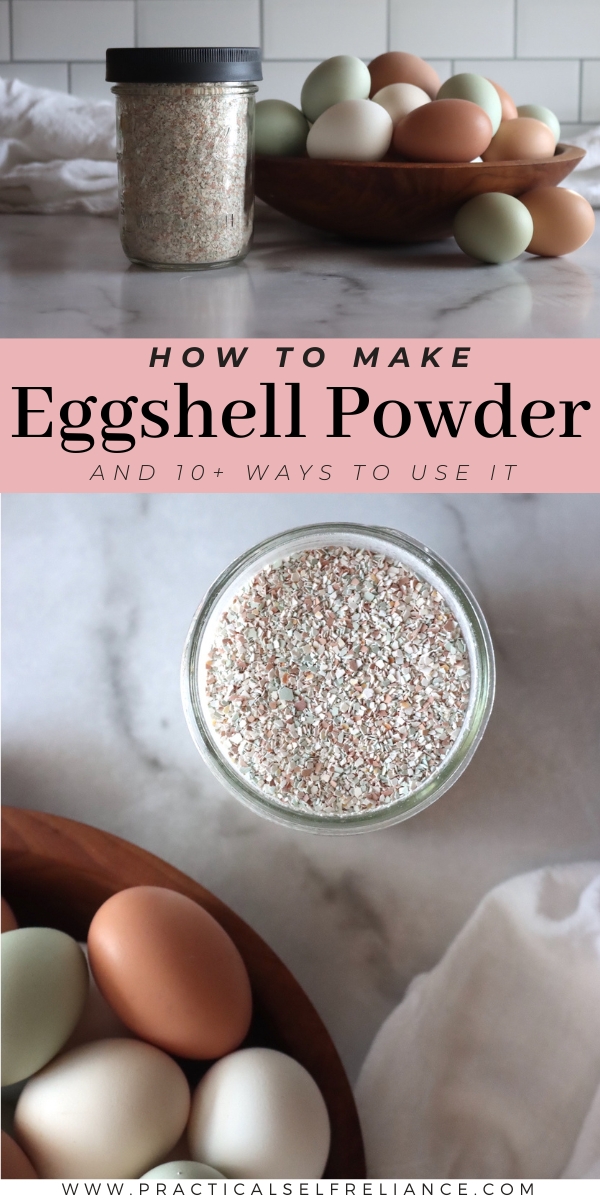
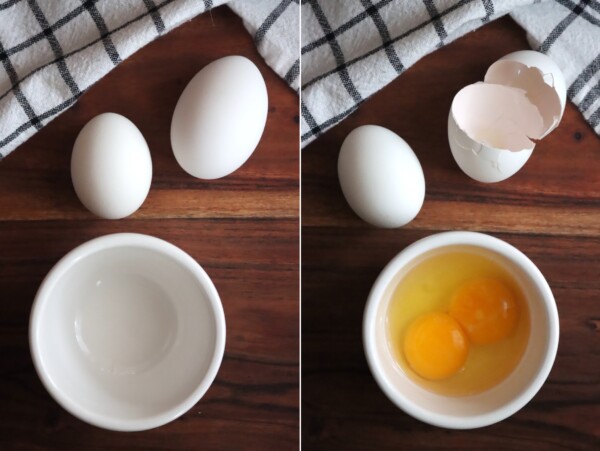
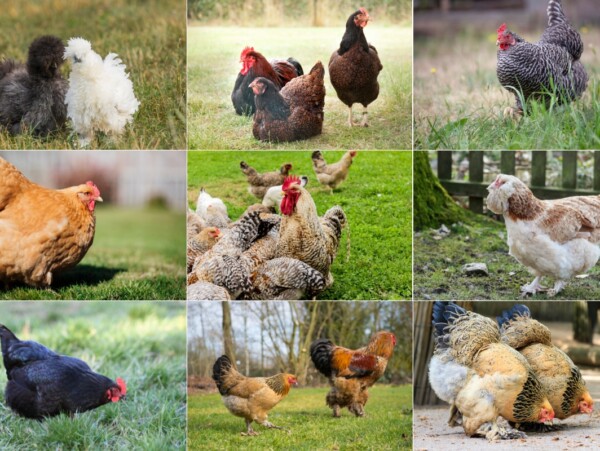
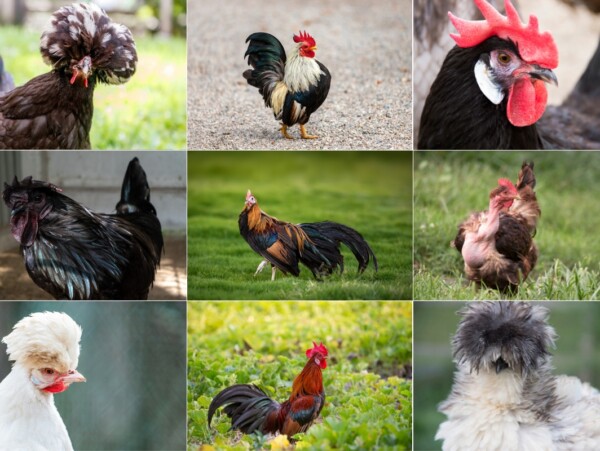
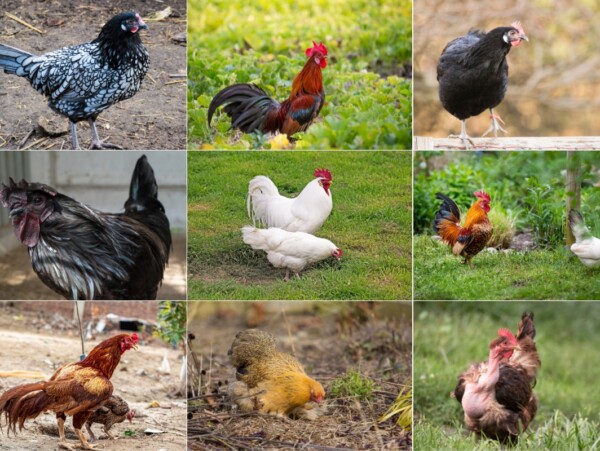





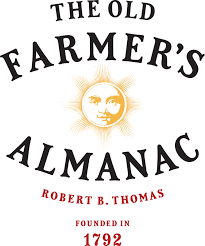
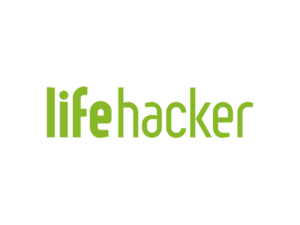
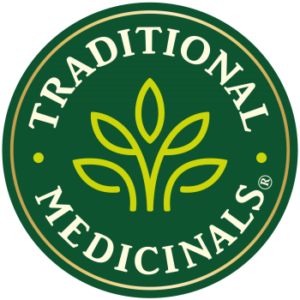

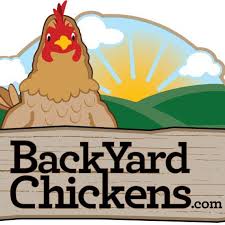
So excited to see the egg shell information and recommendations. My question is whether or not the pharmaceutical Rx of Prolia is contraindicated for the additional ingestion of egg shell powder. Thanks again !!
Glad you enjoyed the article, but I’m not a doctor and I can’t help you with Rx interactions. You’d have to talk to a health professional there.
Helpful article!
Two questions regarding eggshell powder article:
1. Any information about using the eggshells peeled from boiled eggs? Sometimes egg bits are stuck on the shell.
2. Would you please name a good grinder for grinding the eggshells fine for human consumption? I do not have any type of grinder.
Thank you.
I would just do your best to remove all of the egg and compost any shells pieces that have remaining egg on them. Have you tried an Instant Pot or steaming for cooking the eggs? I find that this method greatly reduces the egg sticking to the shell. A coffee grinder is a great way to grind the shells.
Can eggshells be saved in the freezer before they are processed? We use eggs regularly, but one or 2 at a time. This would be a great idea but would need to save up for a few weeks to make a batch.
I haven’t ever tried that but I think it should probably work just fine.
I saw your site on Pinterest and was happy to see it. I made eggshell powder. It’s on my YouTube Chanel under videos. I use capsule for calcium,. I read a tsp equals just abut 1,000 mg and I put them in gelatin capsules. I put it on my herb plants. I also use it for body non talc powder with bentonite clay. And essential oil. Thank you for sharing all your good works. I envy that you have chickens and land to plant but the most important thing is getting to do things ourselves and relying on ourselves. Hence your name self reliance. 👍👍everything yu do is for self preservation and well done
Thanks for sharing. We’re so glad you’re enjoying the posts.
I just love your site, so many tips I’ve never seen before. Saved in my bookmarks so I can keep on absorbing all your great tips.
Thanks Ron going green in Maine.
Wonderful, so glad it’s helpful to you!